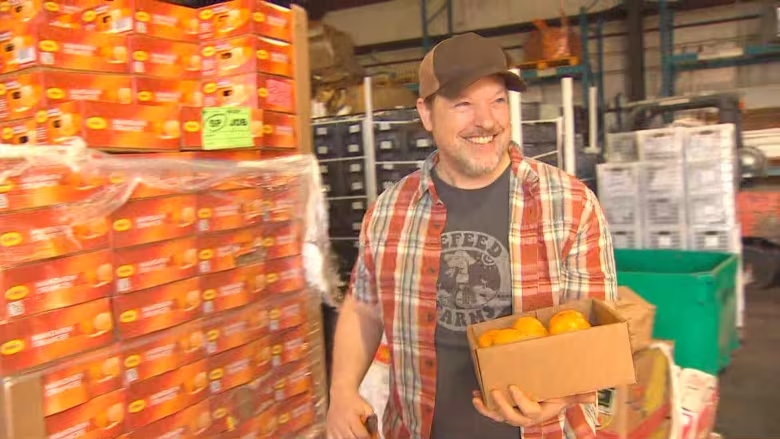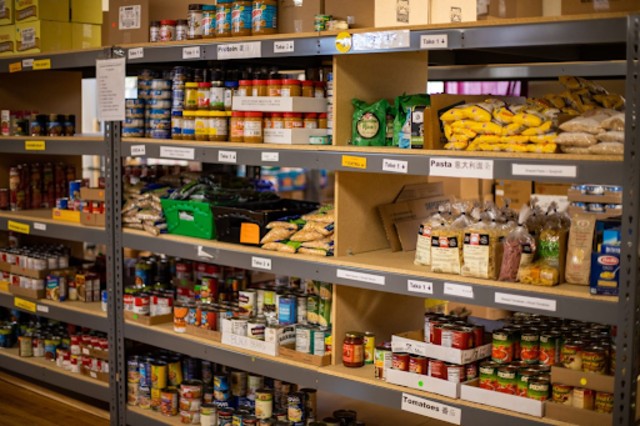
Langley's ReFeed farm is at risk of going under, according to owner Stuart Lilley, who says a rent increase and the loss of a promised investment are threatening its work redistributing food to food banks and repurposing inedible food waste. (CBC News)
A Langley-based social enterprise in Metro Vancouver, ReFeed Farm, dedicated to addressing hunger and food waste, is facing the risk of closure due to escalating operational costs. The farm collaborates with grocery stores, food retailers, manufacturers, and restaurants to salvage food that would otherwise end up in landfills.
Founder Stuart Lilley emphasizes the farm's circular model, which successfully utilized all 11 million pounds of rescued food last year. Out of this, one million pounds were directed to the Greater Vancouver Food Bank, resulting in an estimated 10 million pounds of carbon emissions saved. Despite the positive impact, Lilley reveals the precarious financial situation, citing challenges in sustaining operations.
Lilley explains that surplus food not allocated to food banks or sold at reduced prices is repurposed into animal feed and soil enrichment products. However, the enterprise faces imminent closure following the withdrawal of funding by a foreign investor earlier this year and an impending rent increase from $17,000 to $20,000 per month in January.
In an effort to stay afloat, ReFeed Farm is seeking community support through a crowdfunding campaign aiming to raise $20,000. Lilley, who has not paid himself since the initiative began four years ago, mentions the investment in profit-driven soil enhancement operations, now jeopardized due to the departure of a crucial investor.
The funds raised will be utilized to establish the non-profit facet of the enterprise and apply for grants, ensuring the continuous redistribution of food to those in need. Lilley underscores the company's commitment to making a positive impact, whether through a for-profit or non-profit model, emphasizing the necessity of financing the system.
David Long, CEO of Greater Vancouver Food Banks, lauds ReFeed as an "integral" player in combating food insecurity, especially amid a surge in demand for food bank services. He suggests that ReFeed's circular system should serve as a model for replication throughout the province.
Local farmer Johnny Wu attests to the practical benefits of ReFeed, acknowledging its contribution to lowering his livestock-related costs by providing affordable and high-quality animal feed. Kelleen Wiseman from the University of British Columbia recognizes ReFeed as a "win-win" for both people and the environment, providing fresher, non-processed food while cautioning against relying solely on food banks to address food insecurity.
Lilley acknowledges the impact of inflation on the increased demand for food banks and services like ReFeed, stressing the organization's commitment to treating rescued food as valuable resources rather than waste. Whether ReFeed survives or not, Lilley believes the enterprise has demonstrated the importance and feasibility of reducing food waste through best practices.















